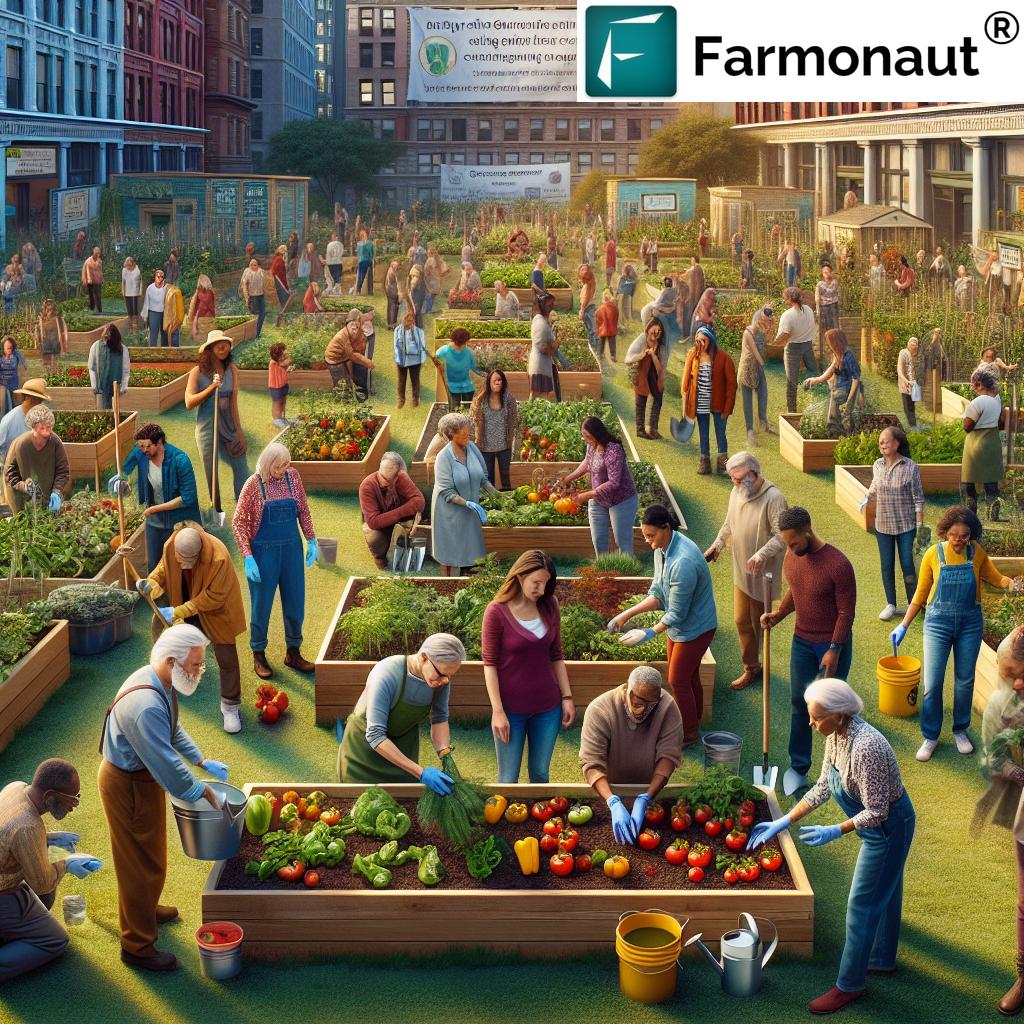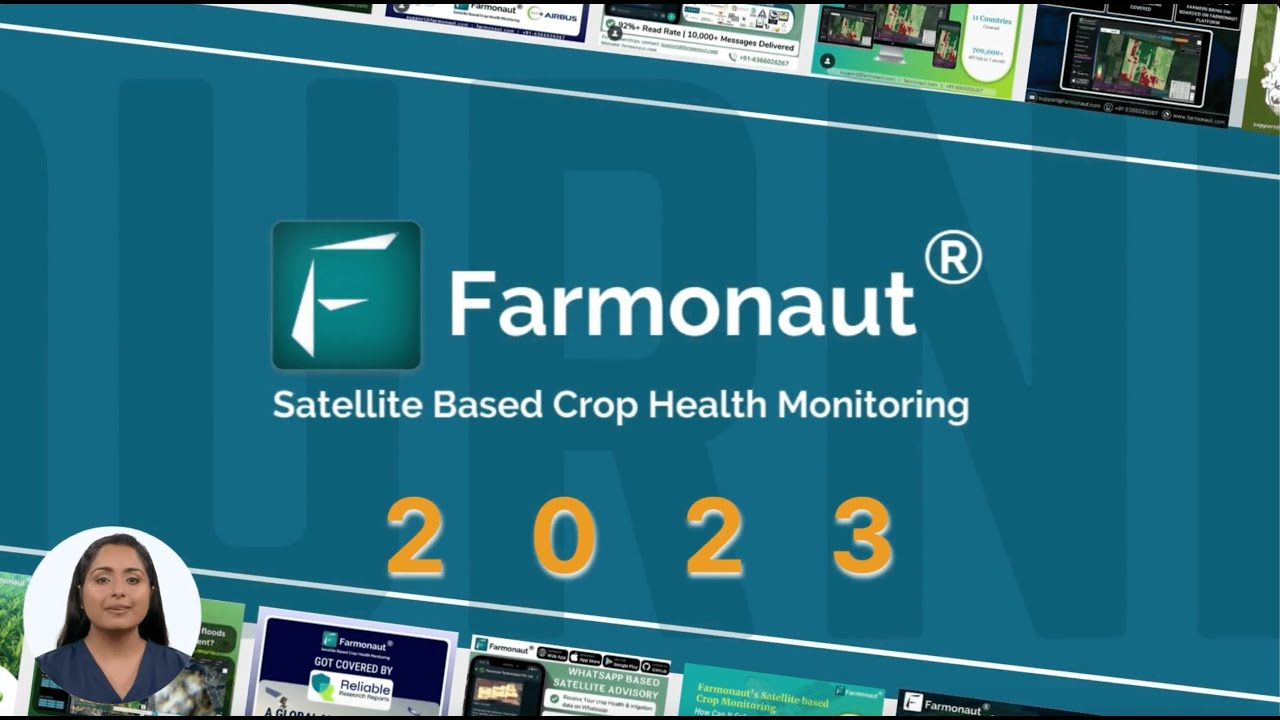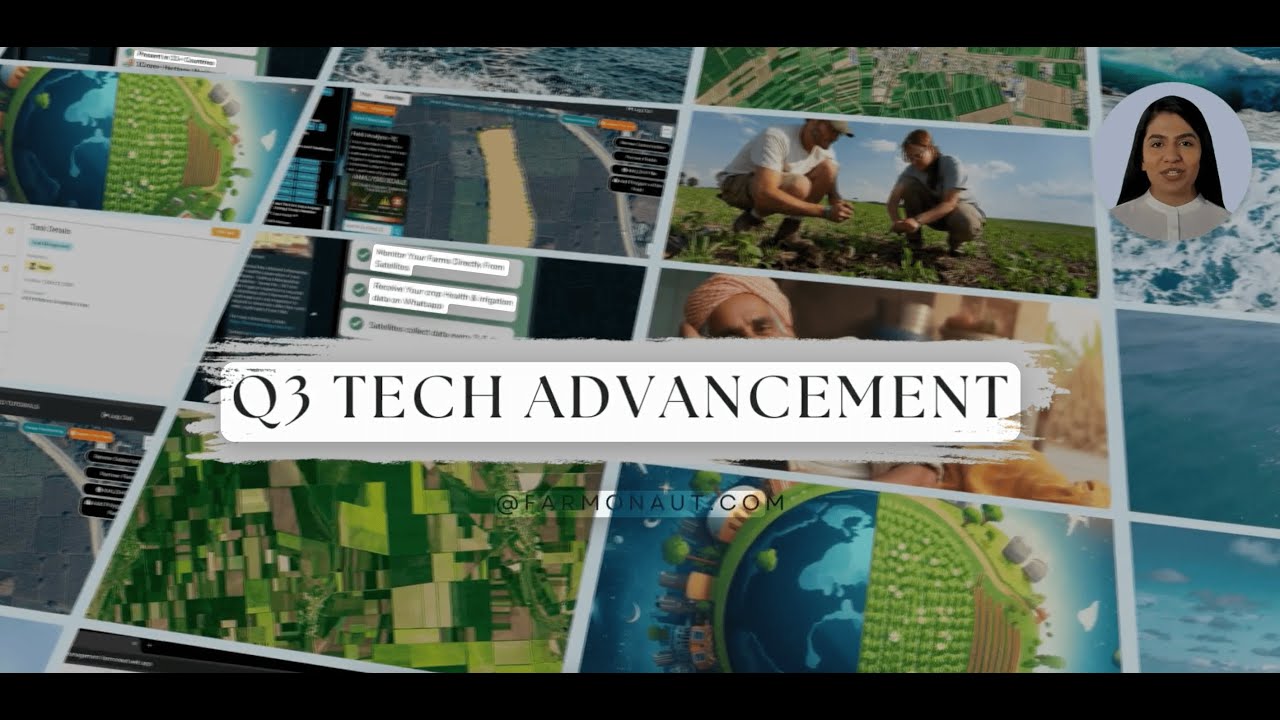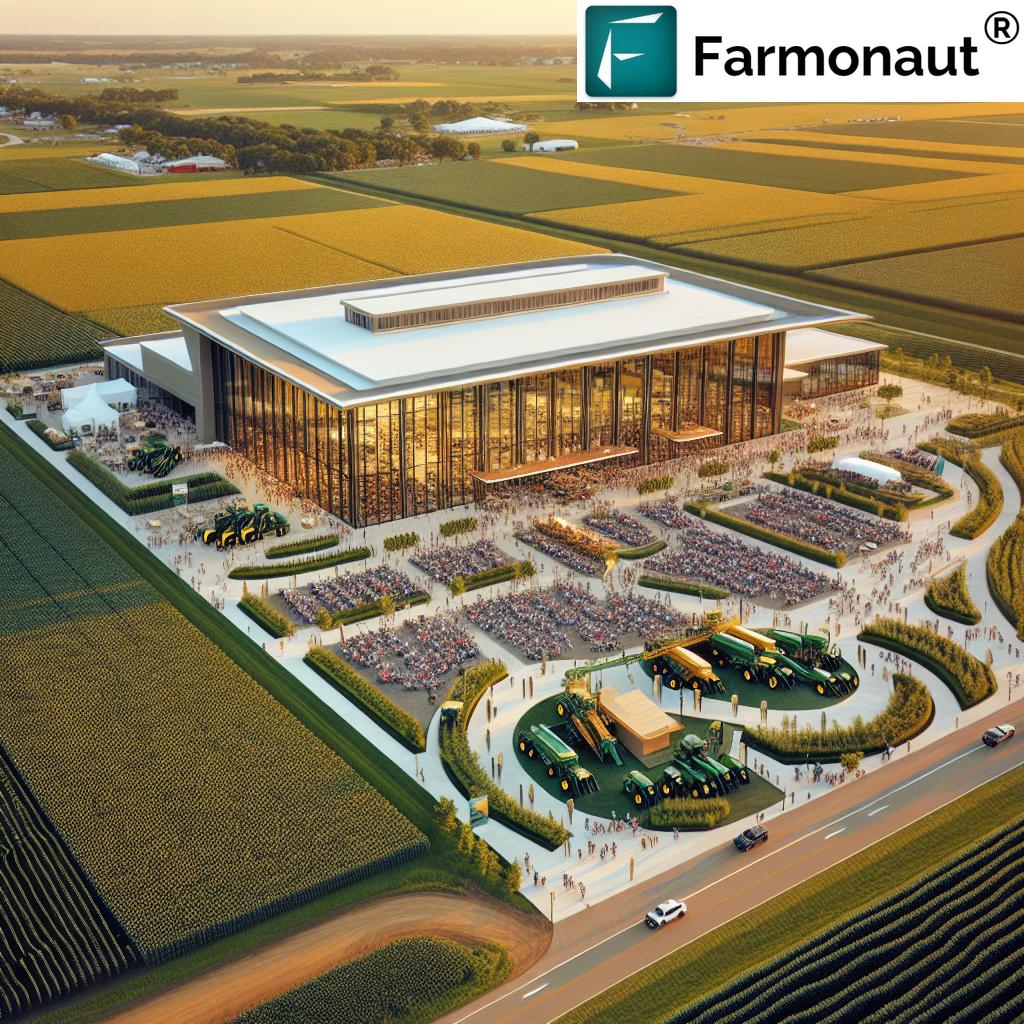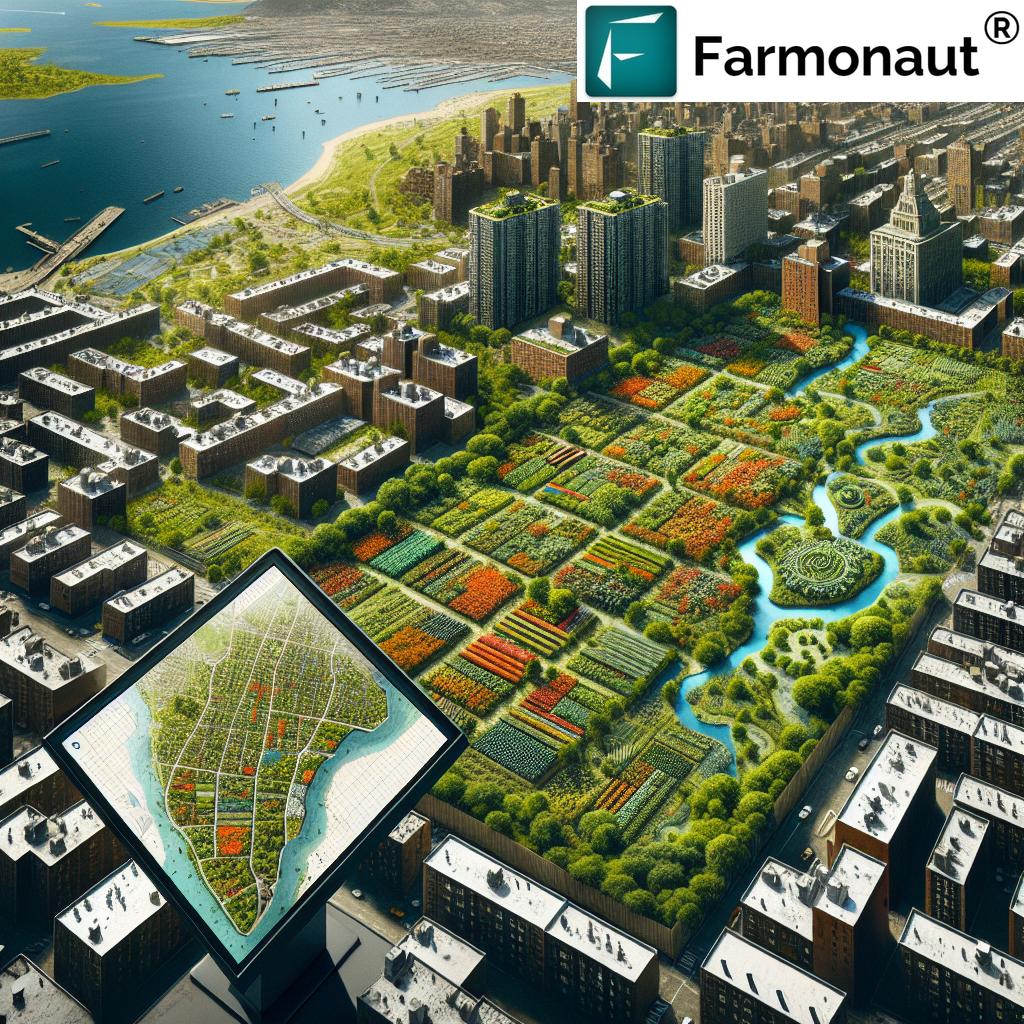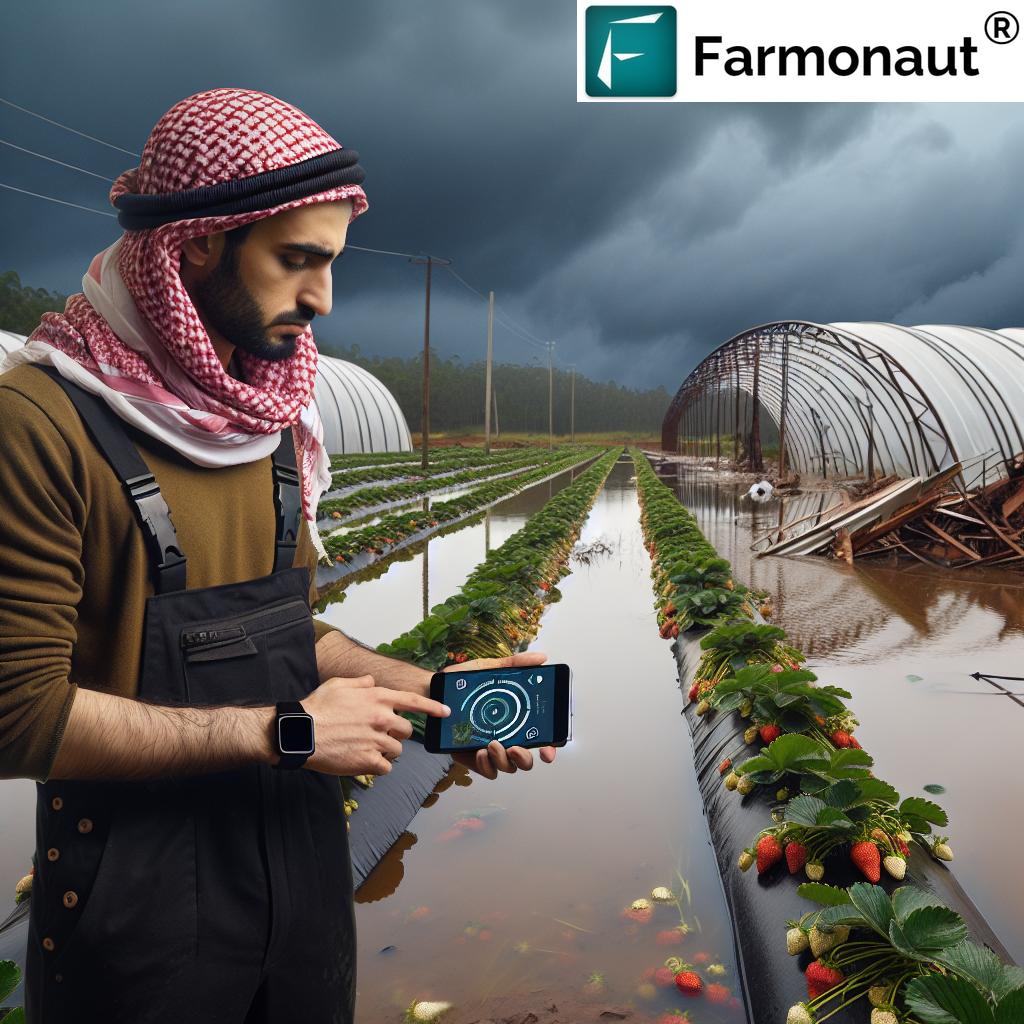7 Ways Community Gardens Unite Pittston & Pennsylvania Through Food
Summary: Community garden Pittston projects are paving the way for healthy food access, outdoor engagement, and sustainable living for residents in Luzerne County. Discover the inspiring story of a citywide garden initiative that brings neighbors, local organizations, and students together—providing fresh produce, educational programs, and stronger bonds within Pittston and the greater Pennsylvania area.
Table of Contents
- Introduction
- Why Community Gardens Matter in Pittston & Pennsylvania
- 1. Building Healthy Food Access for Pittston Residents
- 2. Enhancing Community and Social Bonds
- 3. Fostering Environmental Sustainability and Outdoor Living
- 4. Educational Gardening Programs & Skill Development
- 5. Promoting Economic Growth Through Local Food Projects
- 6. Inclusive Community Development for Every Age Group
- 7. Inspiring Citywide and Statewide Sustainable Lifestyles
- Benefits of Community Gardens in Pittston & Pennsylvania (Comparative Table)
- How Farmonaut Empowers Sustainable Community Gardening
- Frequently Asked Questions
- Conclusion
Introduction
The opening of the community garden Pittston marks a new era of sustainable living, healthy food access, and community empowerment across Luzerne County and the entire Pennsylvania area. This city-led project, celebrated with a heartfelt ribbon-cutting ceremony, showcases the strength that arises when public entities, local organizations, and residents unite around a shared vision of better living.
In this inspirational journey, we uncover the seven powerful ways these gardens are weaving connections, nourishing our neighborhoods, and setting a shining example for urban gardening Luzerne County. Whether you’re a student, parent, business owner, or advocate for the environment, there’s a role for all of us in this remarkable movement shaping our city and beyond.
From educational gardening programs, to providing fresh produce for local restaurants, to transforming outdoor environments into vibrant gathering spaces, the impact of community gardening is undeniable. As we explore each benefit, we’ll also show how new technologies—like those offered by Farmonaut—can support sustainable living and empower our gardeners like never before.
Why Community Gardens Matter in Pittston & Pennsylvania
Our journey with the community garden Pittston didn’t begin overnight. It was seeded in the hopes and dreams of local leaders, nurturing organizations like the Garden Goombas, and determined school students eager to grow change from the ground up. These gardens symbolize much more than just new crops of vegetables—they are catalysts for solidarity, education, and citywide community development.
As more public gardens in Pennsylvania emerge, statistics show a 40% increase in community gardens statewide over five years. This growth highlights not only a passion for fresh, healthy food initiatives in Pittston and beyond, but also a desire for greener, more connected neighborhoods. In the heart of the city, the gardens serve as living proof that sustainable, healthy living can blossom anywhere there’s collective will.
1. Building Healthy Food Access for Pittston Residents
Access to healthy food is a cornerstone of vibrant communities. In Pittston, the new community garden is a direct response to the need for staple vegetables and fresh produce—priorities for families, elderly residents, and everyone in between. The garden yields everything from classic summer tomatoes to nutritious greens, helping ensure that no one is left behind when it comes to nourishment.
Our garden project connects local restaurants with fresh produce, sourcing directly from what we grow in the city. This “farm-to-table” approach doesn’t just benefit kitchens across Luzerne County; it keeps food miles low, flavor high, and our local economy thriving!
- Yield benefit: Estimates suggest community gardens can produce thousands of pounds of vegetables each year, distributed among housing authority residents and local businesses.
- Educational outreach: By hosting seed planting and harvesting events, we teach all ages how healthy food initiatives Pittston can be created in every corner of the city.
Ready to plan your own healthy diet? The Pittston garden is a beacon for new ideas on how to eat well, live well, and support our neighbors—all rooted in local soil.
Empowering transparent food chains: Solutions like Farmonaut’s blockchain-based traceability make it easier for restaurants and buyers to know exactly where their produce came from. This brings trust, safety, and quality assurance to every table in Pennsylvania.
2. Enhancing Community and Social Bonds
A successful community garden Pittston does more than feed bodies—it feeds relationships. We see neighbors talking, swapping seeds, and working with city officials, schools, and Garden Goombas side-by-side.
- School students nurture seedlings before planting; elderly residents tend strawberry patches.
- New connections form between the residents of the housing authority, business owners, and public servants.
- Events & celebrations: Openings, planting days, and garden committee fundraisers foster Pittston area community events cherished by all.
- Youth connect with roots by growing what their great-grandparents once did, honoring local traditions.
It’s these shared experiences—the dances of hands in soil and laughter between rows—that transform a physical project into a citywide social phenomenon.
3. Fostering Environmental Sustainability and Outdoor Living
At the heart of every garden lies a commitment to a healthier outdoor environment. Our efforts in Pittston demonstrate that sustainable urban gardening Luzerne County isn’t just possible—it’s essential for our community’s future.
- Soil health & biodiversity: Community gardens naturally improve local soils and create urban wildlife habitats.
- Carbon footprint: By growing food locally, we reduce transportation emissions—aligning perfectly with modern sustainability tools that track and reduce environmental impact.
- Renewal in the city: Abandoned lots become verdant assets, aligning with city goals for redevelopment and physical improvement.
Together, these environmental efforts lead to cleaner air, better-managed water (with thanks to sponsors like Pennsylvania American Water), and thriving green spaces for everyone.
4. Educational Gardening Programs & Skill Development
Education is at the root of true change! Our garden committee, along with the Pittston Area School District, ensures learning is part of every season.
- Students and residents participate in workshops on planting, harvesting, and even propagation techniques.
- School-driven seed donations teach the value of giving and sustainability early on.
- Upcoming committee-sponsored events cover everything from composting to nutrition.
- Educational gardening programs open to the public ensure inclusivity—anyone in Luzerne County can join in!
These educational gardening programs prepare the next generation for responsible, sustainable living—whether in a backyard, a city street planter, or a full public garden.
Explore digital advisory tools: With platforms like Farmonaut’s Jeevn AI advisory system, anyone, from novice gardener to expert, can receive personalized advice and weather insights, making it easier to manage a garden and promote healthy living.
5. Promoting Economic Growth Through Local Food Projects
Community gardens don’t just feed people—they fuel economic development across Pittston and Pennsylvania. By providing fresh produce for local restaurants and creating venues for citywide community events, we create new opportunities for local business and entrepreneurs.
- Chefs and diners crave local, seasonal vegetables—exemplifying the power of a hyper-local food chain.
- Garden committees host fundraising events, driving revenue for both expansion and city beautification.
- Local businesses, from garden supply shops to restaurants, benefit from increased demand associated with garden projects.
Community gardens also create jobs—from event planning to garden maintenance and educational programming. With every new patch of soil, our city reaps rewards that go beyond the market.
Manage your resources smartly: For those running larger food production or farm-to-table ventures, Farmonaut’s fleet and resource management tools can help organize transport, optimize vehicle routes, and reduce operational costs while keeping sustainability front and center.
6. Inclusive Community Development for Every Age Group
The beauty of the Pittston project is its inclusivity: city officials, local business owners, elderly residents, school students, and newcomers all contribute their skills, effort, and ideas. Community-wide participation empowers more voices and ensures that the garden’s benefits reach every demographic.
- Senior engagement: Many older residents find joy and purpose by tending specific crops or sharing generational wisdom about gardening.
- Youth mentorship: Programs connect school children with experienced gardeners, building relationships, and fostering leadership.
- Committee diversity: A mix of public and private sector leaders provide guidance, keeping projects vibrant and sustainable for years to come.
This inclusive approach is what makes citywide community development resilient, ensuring that our gardens reflect—and uplift—every segment of Luzerne County.
7. Inspiring Citywide and Statewide Sustainable Lifestyles
The community garden Pittston is inspiring similar projects throughout Pennsylvania. Each new garden—from converted street lots to renovated public spaces—represents a step forward for healthy, sustainable living.
- Residents are encouraged to replicate successful urban gardening Luzerne County practices in their own neighborhoods.
- Educational events showcase reuse, composting, and water-saving methods, inspiring others to make eco-smart choices at home.
- Public entities and business administrators integrate garden development into larger city planning and redevelopment strategies.
Our journey isn’t just about Pittston—it’s about creating a ripple effect, spreading knowledge, health, and hope across the Pennsylvania area and beyond.
For technical solutions supporting large-scale garden management or plantation: Farmonaut’s large-scale farm management tools offer scalable, digital oversight for public or private entities invested in broader urban agriculture transformation.
Benefits of Community Gardens in Pittston & Pennsylvania
| Benefit Area | Estimated Local Impact | Example from Pittston Project |
|---|---|---|
| Access to Fresh Food | Up to 2,000 lbs produce grown annually; ~30% increase in fresh vegetable access (for housing authority residents) | Garden yield made available free to local residents and as supply for restaurants |
| Community Engagement | 150+ active participants; dozens of events/year | Residents and students plant, harvest, and attend educational programs together |
| Environmental Improvement | ~0.5 acre of former vacant land revitalized; reduced CO₂ by localizing supply | Land beside Pittston Housing Authority building converted to thriving green space |
| Health & Wellness | Improved nutrition for >100 residents; 10+ educational/nutritional workshops held annually | Garden events focused on healthy eating, physical activity, and wellness |
How Farmonaut Empowers Sustainable Community Gardening
Technology can magnify the positive impact of our gardens. Farmonaut provides affordable and advanced precision agriculture tools for any scale of garden project—individual, community, or public.
- Satellite Crop Monitoring: With Farmonaut’s satellite imagery platform, gardeners and managers can monitor plant health, soil moisture, and vegetation indices in real-time. This is invaluable for maximizing yields, minimizing input waste, and supporting healthy food initiatives Pittston-wide.
- AI-Based Advisory: The Jeevn AI Advisory System delivers weather forecasts and crop management tips, tailored for gardens or larger urban plots—helping residents plan effective planting and maintenance.
- Resource and Fleet Management: For public gardens or community organizations needing to efficiently manage equipment transport or supply chains, Farmonaut’s fleet management solutions drive down fuel costs and promote sustainability.
- Blockchain-Based Produce Traceability: Ensure chain of custody for crops supplied to restaurants or food banks, enhancing food safety and consumer trust. Learn more at Farmonaut product traceability.
- Carbon Footprinting: Community projects seeking to lower their environmental impact can monitor real-time carbon savings and foster greener lifestyles using Farmonaut’s carbon footprinting.
- Accessible Across Devices: With web, iOS, and Android platforms and an API (review developer docs here), Farmonaut makes sure every user or organization in Pennsylvania has access to advanced agri-analytics and advisory.
For those dreaming bigger, large-scale management apps bring enterprise-level tools to public gardens in Pennsylvania and beyond.
Frequently Asked Questions
What is a community garden and who can participate in Pittston?
A community garden is a shared outdoor environment where neighbors, organizations, students, and officials plant and tend vegetables and fruits together. In Pittston, anyone—whether a local resident, school student, or business owner—can get involved. Check with the Community Garden Committee for scheduled events and registration.
How does the garden support local restaurants and businesses?
The community garden Pittston supplies fresh produce to local restaurants, reducing transportation and ensuring delicious, seasonal meals. Businesses also support and benefit from gardening events, which attract customers and enhance city vibrancy.
What kinds of educational programs are available?
Programs include workshops on planting, composting, propagation, healthy eating, and sustainability. Pittston’s schools and committee members also run seasonal events for families and students.
What technology solutions can help manage or expand a city garden project?
Farmonaut offers easy-to-use tools for monitoring crop health, getting AI-based advice, tracing produce origins, and managing fleets/resources. These services are ideal for anyone from hobby gardeners to organizations running multiple gardens.
How do community gardens benefit citywide development and redevelopment?
By revitalizing vacant lots and bringing neighbors together, gardens enhance both the physical landscape and social fabric of the city. This approach aligns with wider citywide community development strategies and sets a model for other Pennsylvania towns.
How do I get involved or support public gardens in Pennsylvania?
Contact your garden committee, attend a Pittston area community event, or volunteer for planting/maintenance days. You can also offer resources, sponsor a patch, or contribute to educational programming.
Can organizations or cities across Pennsylvania use Farmonaut’s technology?
Absolutely—Farmonaut is accessible via web, iOS, Android, or API to empower any local garden projects Pennsylvania wants to launch!
Conclusion: Cultivating Hope, Health, and Unity in Pittston & Beyond
In Pittston and all corners of Pennsylvania, community garden initiatives are coloring our streets, nurturing our residents, and strengthening our sense of city solidarity. When public entities, local organizations, business administrators, and neighbors join as one, the yield extends far beyond vegetables—it is measured in laughter, learning, health, and hope.
Let us all champion efforts for more urban gardens, educational programs, and sustainable projects in Luzerne County. Join hands, turn the soil, and help shape the future of citywide community development—rooted in healthy food, outdoor environments, and united hearts.
Together, we are the roots and the light of community gardens in Pittston. Let’s keep growing!


